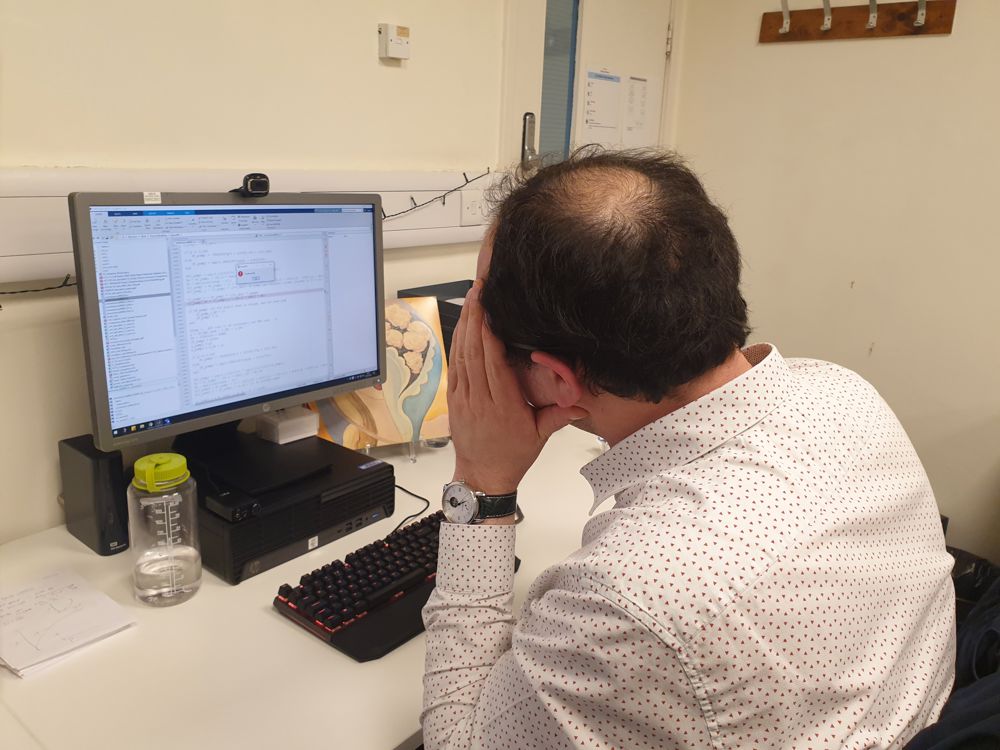My path to research in chemical engineering
My path to chemical engineering was not as direct as some others’, at least aspirationally. In my mind, from the age of about 3 – 4 years old, what I wanted to do ‘when I was older’ was to become a commercial pilot. Once the time approached, for a range of reasons, that didn’t look like it was going to transpire. So, I turned my attention to aerospace engineering, being a closely related field. Upon discussing with my year 11 (year 12, or lower sixth equivalent in England) chemistry teacher (Mr. Hayes), he suggested that was not a great choice given the essential absence of that industry in Australia. He was a chemical engineer, and his representation of the field, combined with the relative boom of the natural resource industry at the time, I was fairly easily convinced. Engineering became appealing to me because it was the practical application of maths and science, both of which I enjoyed at high school, and the potential to contribute to society at a more universal/general level.
I then headed to university (Monash University, Clayton) for my Bachelor of Engineering. The degree had a common first year and gave some exposure to each field of engineering, to help students in selecting their specialisation. At the end of that year, I was happy to continue with chemical engineering for the next 3 years, as I felt like I understood it better than the other fields; another factor was also the enthusiasm of the chemical engineering department staff. During my bachelor’s degree, I became interested in some form research-based degree, and ended up completing my PhD (University of Melbourne, Parkville). Although some may disagree, or find exceptional cases, this nipped the possibility of any form of industry position or conventional chemical engineering role in Australia, in the bud.
My PhD was in CO2 capture by adsorption, and I also gained some experience in other gas separation technologies, and heterogenous catalysis. With PhD in-hand, I started to apply for research positions internationally, and received an offer to continue research in CO2 capture with the Department of Chemical Engineering at Imperial College London. Although the practical deployment of research is usually far in the future (if ever), it’s stimulating, and applying chemical engineering concepts and skills to propose solutions to societal problems is fulfilling.
Would I do the same again? I think it’s too early to say, as there are many small factors which influence decisions along the way, but probably yes. Chemical engineering gave me a diverse background of skills which can be applied to a range of industries and problems. The applications of chemical engineering are always changing, which also make it a dynamic field to be a part of.

Click here to see additional images: